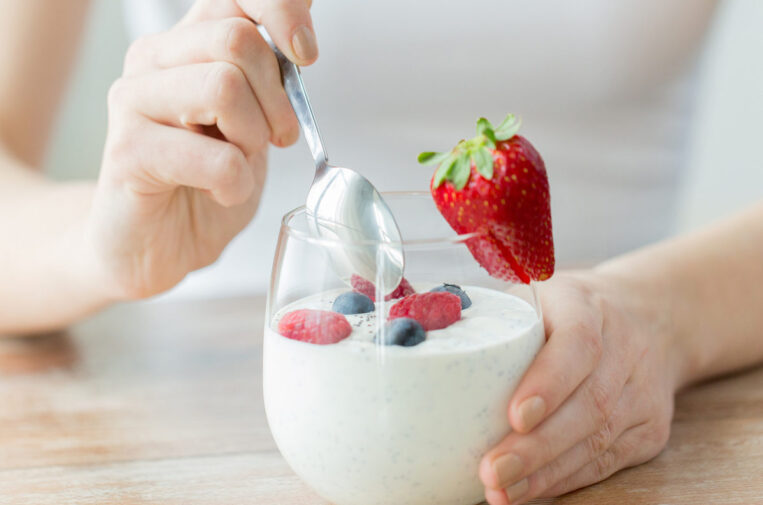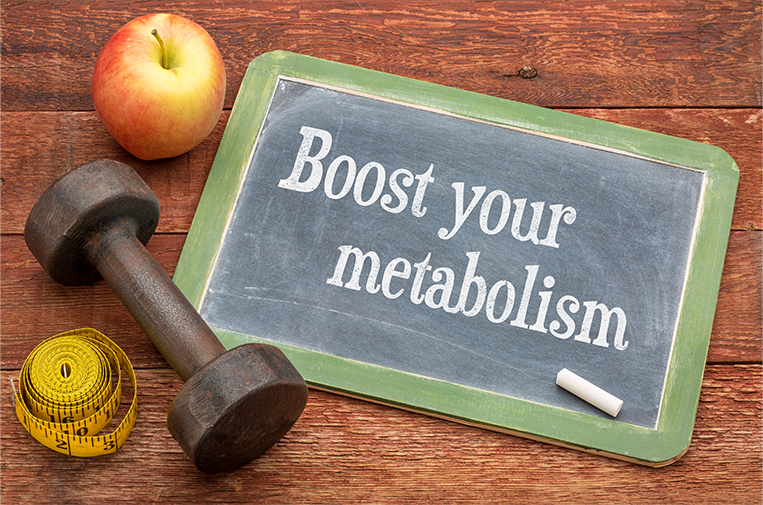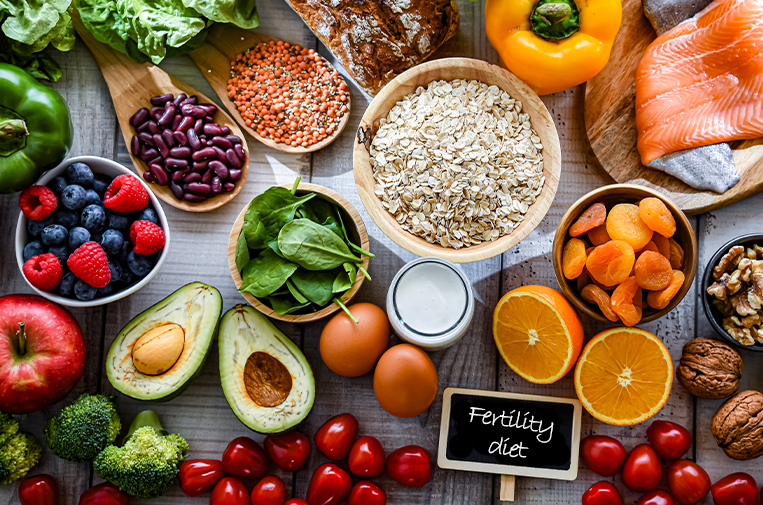Recent research indicates that a healthy gut may play a role in the development and onset of endometriosis.
In recent years, a range of research studies have shown the remarkable effects probiotic foods, which contain live bacteria and yeasts, can have on the health of our digestive tracks. An article published in the American Journal for Obstetrics and Gynecology suggests that probiotic foods may not only be good for our intestines, but they may also affect the onset and progression of endometriosis, which can lead to infertility.
Endometriosis is a disease in which tissue from the lining of the uterus appears on other organs in the lower abdomen. This tissue is often called an endometrial lesion. Endometriosis is linked to lower abdominal pain as well as fertility problems caused by the body’s inflammatory reactions to the lesions.
The authors of the article suggest that the bacteria in the gut, also called gut microbiota, may be linked to the development of endometriosis. Specifically, good bacteria in the digestive tract may help the body deal with the inflammation caused by endometrial cells.
When women have a menstrual period, menstrual blood and endometrial cells can reflux out the fallopian tubes into the abdominal cavity. While 90 percent of women have menstrual blood and tissue present in their abdomen during their period, only 10 percent of women will develop endometriosis. Good bacteria in the gut is one factor that may prevent women from developing endometriosis.
Additionally, gut microbiota also plays a role in balancing the hormones in our bodies. When the bacteria in our guts are out of balance, called gut dysbiosis, it is likely that the hormones in our body are also unbalanced. Too much of the estrogen hormone may stimulate endometrial lesions and cause them to grow. This means that an out-of-balance gut may cause endometriosis symptoms to worsen.
In the end, the article’s findings were not enough to recommend any specific treatment. However, women with endometriosis should still consider adding more probiotics to their diet as a way to lessen their symptoms and improve their gut health. Future studies looking at the role of bacterial microflora hold some promise for new remedies and the prevention of diseases such as endometriosis.
Probiotic foods and gut health
A healthy digestive tract should have a diversity of good microbiota. These microbiota help our bodies fight infections, process vitamins, and digest foods. Research shows that eating more probiotic foods is one easy way to boost the good bacteria in our guts.
Probiotics are good bacteria, much like the good microbiota in our intestines, and are present in a number of foods we eat. Regular consumption of probiotics can reduce the presence of inflammatory bacteria in the gut and restore good bacteria that may have been destroyed by antibiotics. Consuming probiotics has also been shown to reduce symptoms of other illnesses, such as irritable bowel disease.
To get the health benefits from probiotics, I recommend eating at least one serving of probiotic-rich food a day. Luckily, probiotic foods are common, including the following:
- Yogurt and yogurt drinks such as kefir (look for products that say “contains live active cultures” on the label)
- Fermented foods such as sauerkraut and kimchi
- Kombucha, a fermented tea made with live bacteria and yeast
- Some soft cheeses, such as feta, cheddar, gouda and provolone
- Fermented soy products such as tempeh and miso
- Naturally fermented pickles or pickles that are made without vinegar
- Some fruit-based juices, such as GoodBelly brand juices
- Bio-K, a soy-based probiotic supplement.
You may also choose from a number of probiotic supplements. However, before taking probiotic supplements, check with your doctor. Supplements can vary in quality and may interact with other medications.







